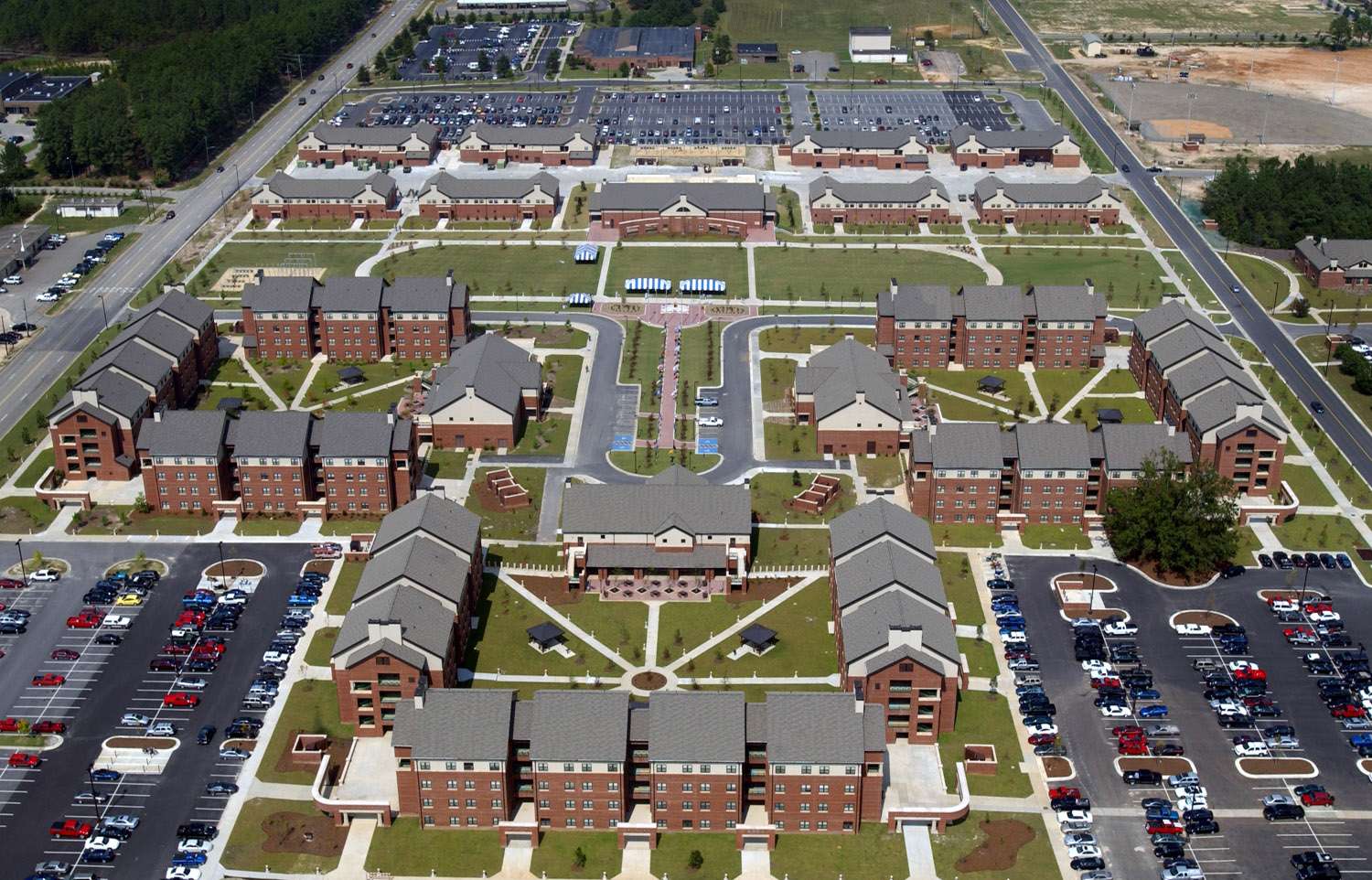The tragic killing of Ramzan Daraev initially seemed senseless. While taking photos of a telephone pole for his utility job in Carthage, North Carolina, on May 3, he was accused of trespassing by a U.S. Army special operations colonel who lived on the same street. The confrontation ended with Daraev being shot and killed.
Journalists quickly turned the story into a sensationalized narrative, highlighting Daraev’s immigrant background from Chechnya, a region with a history of conflict with Russia. False claims by Fox News and a conservative social media personality labeled Daraev as an illegal alien, insinuating he was a Russian spy.
While the investigation is ongoing and the cause of the confrontation remains unclear, there is no evidence linking Daraev to any foreign activities. The incident reflects a mix of anti-immigrant fear and national security paranoia, with assumptions made based on the involvement of a U.S. soldier and a foreigner.
The confrontation began while Daraev and a coworker were conducting surveys for an infrastructure project. The colonel, alarmed by their presence near his home, called the police, leading to a tragic outcome. Misunderstandings and heightened tensions escalated the situation, resulting in Daraev’s death.
The subsequent media coverage portrayed the incident as a potential threat to national security, with insinuations of foreign surveillance and espionage. Despite claims and speculation, Daraev was legally in the U.S., as confirmed by his work permit.
In reality, Daraev had fled his homeland to escape conflict with the Russian government, not to engage in any illicit activities. The tragic events that unfolded were a result of misunderstandings and miscommunication, highlighting the dangers of assumptions and fear-driven narratives.
It is not necessary to jump to the conclusion that Daraev was conducting “surveillance of foreign targets” for the government he fled. The idea of a spy lurking behind every telephone pole may be popular in movies, but it is not always the reality.






